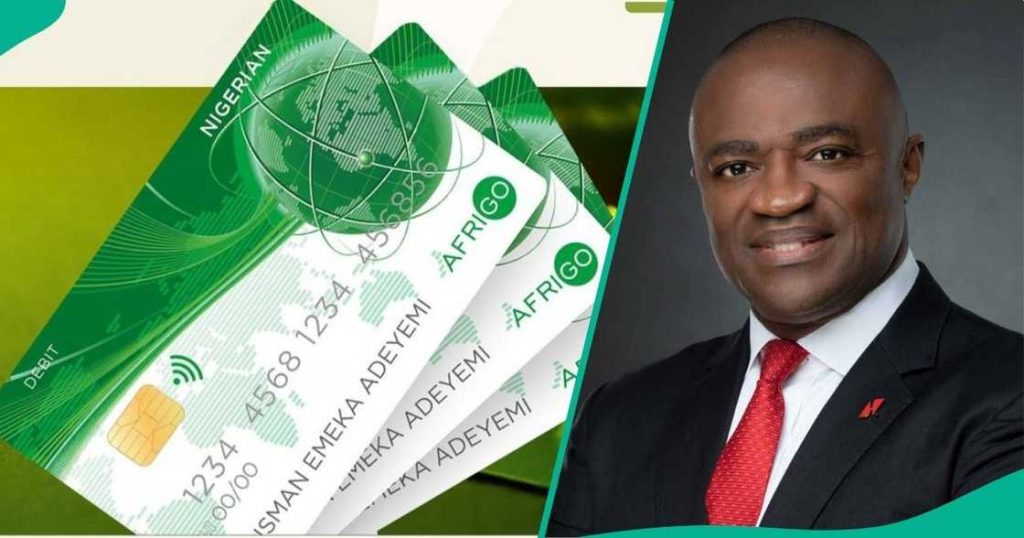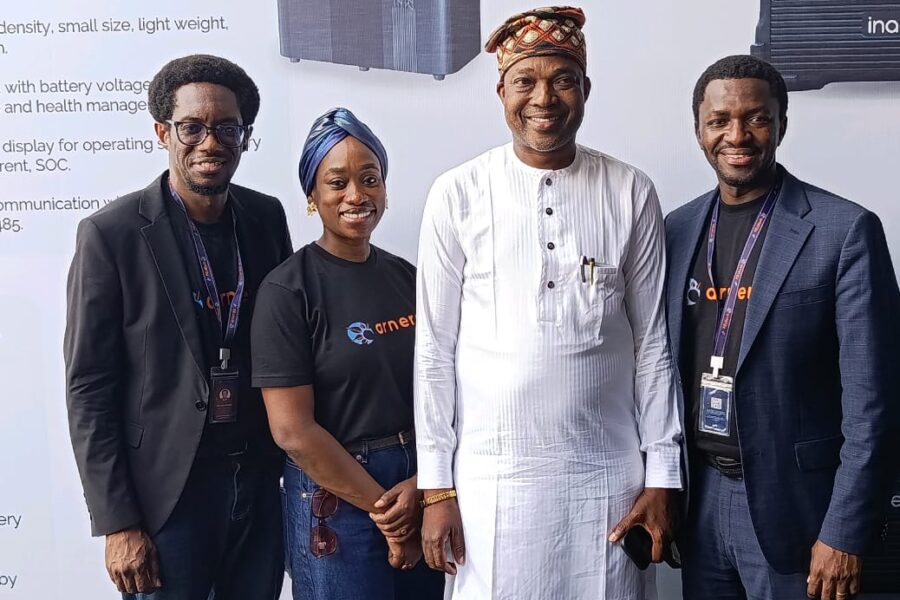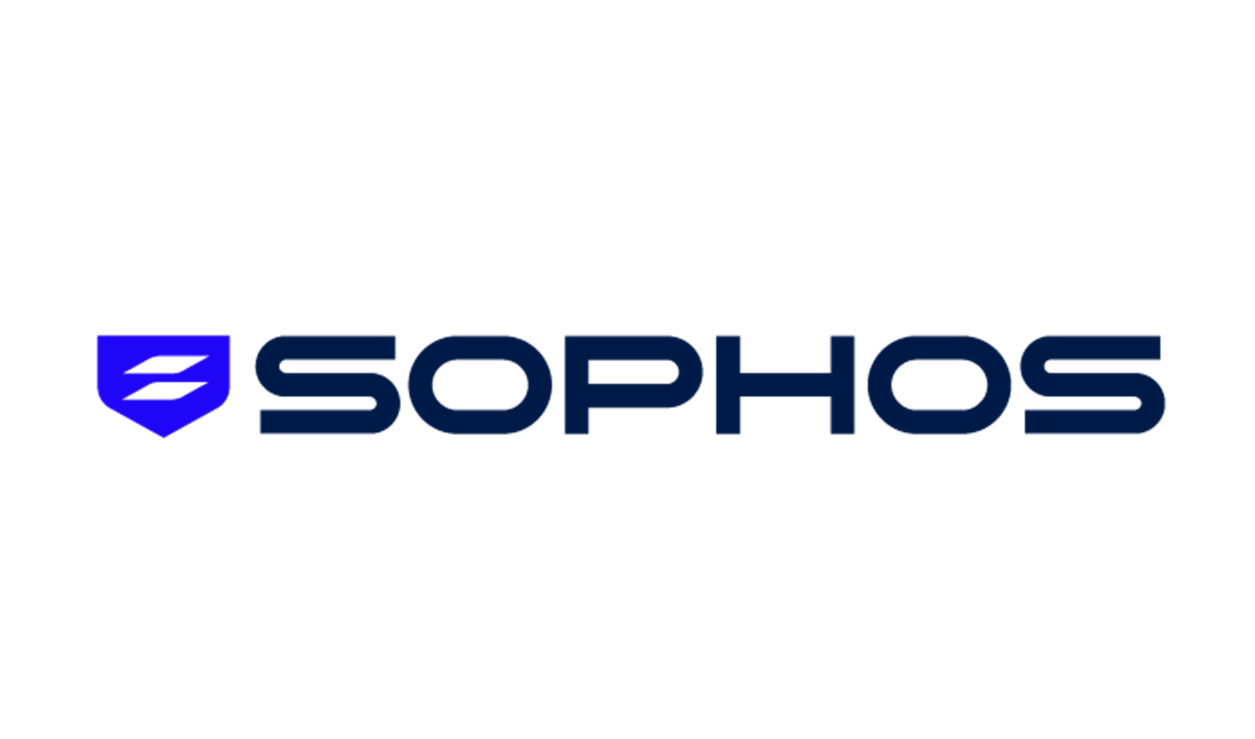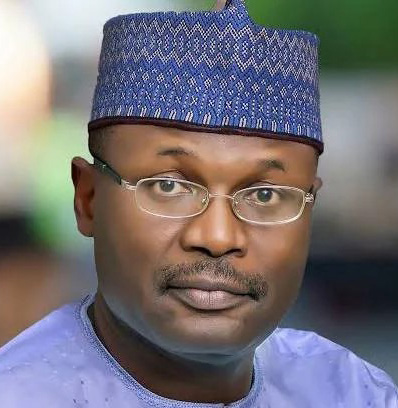Nigeria Set to Eliminate Bank Transfer Fees in Major Financial Reform
Nigeria’s banking sector is poised for a significant transformation as plans emerge to abolish transfer charges across the country’s digital payment networks.
Premier Oiwoh, CEO and Managing Director of the Nigeria Interbank Settlement System (NIBSS), announced the groundbreaking initiative during the Globus Bank Fintech Summit 2025 in Lagos. The new policy aims to replace current transaction fees with a subscription-based model, making digital transfers free for users by next year.
“Our biggest competition is not banks or fintechs — it’s cash on the streets,” Oiwoh stated during his keynote address titled “From Cashless to Smart Economies: Shaping the Next Frontier of Financial Innovation.” He emphasized that eliminating transaction fees would make digital payments more appealing to everyday Nigerians.
The initiative comes as part of a broader strategy to accelerate Nigeria’s transition to a cashless economy. NIBSS is focusing on strengthening the national payment infrastructure to ensure security and reliability. The organization’s Hawk platform has already demonstrated success in preventing fraud attempts, highlighting the importance of maintaining robust security measures.
In parallel developments, Nigeria’s financial ecosystem is showing promising signs of growth. The domestic card scheme AFRIGO has processed over ₦70 billion in transactions in 2025, with more than one million cards in circulation. The upcoming National Identity Management Commission (NIMC) multipurpose ID card will integrate AFRIGO payment capabilities, potentially expanding banking access to millions of citizens.
Supporting this trend, Sterling Bank has already eliminated account maintenance charges, setting a precedent for reduced banking fees. Meanwhile, the Federal Mortgage Bank of Nigeria (FMBN) has received approval from the Central Bank of Nigeria to operate as a commercial bank by 2026, having already disbursed N37 billion to 3,427 National Housing Fund contributors.
Looking ahead, Oiwoh envisions Nigeria evolving into a smart economy with diverse payment solutions, including QR codes, NFC, and biometric technologies. He emphasized that successful implementation would require coordination between government and private sector stakeholders, similar to the digital transformation models seen in India and China.
“Payments are not the destination,” Oiwoh concluded, “but the foundation of a digital economy where innovation, inclusion, and trust drive prosperity.”
Experts suggest that these combined initiatives could significantly boost Nigeria’s economic development, particularly in advancing financial inclusion and digital adoption across the country.







Leave a Comment